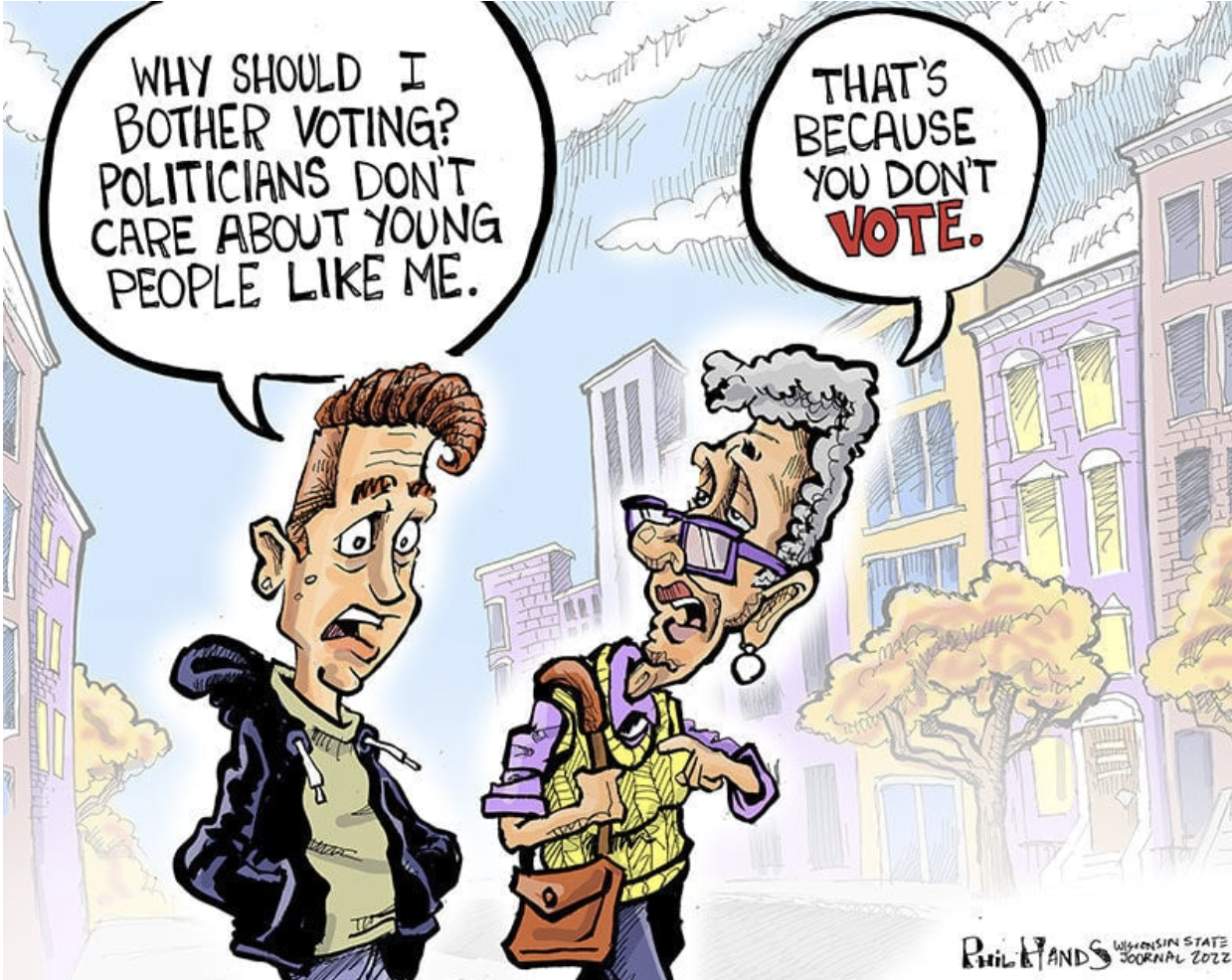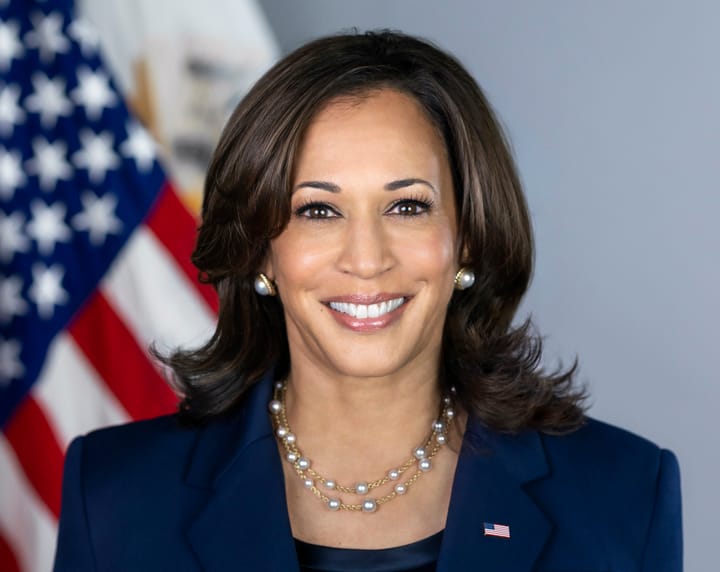Youth political power: why are young people the least likely to vote and what can be done about it?

By Giselle Bullion
Young people are the future, yet they are often absent in one of the most important tools to shape it: voting. Across the world, young voters are the least likely to show up at the polls. This trend can be seen in the United States, where only half of eligible voters under 30 voted in the 2020 presidential election, and in the United Kingdom, where fewer than half of 18–24-year-olds participated in the 2019 general election. In Germany’s 2021 Bundestag elections, turnout for under-30 voters was similarly low.
One reason youth voter turnout is low is disillusionment with politics. Many believe that their concerns, such as climate change, affordable education, and housing, are not taken seriously. In the U.S. many young non-voters in 2020 said they didn’t think their vote would make a difference. There is also a lack of trust between young people and politicians, as many feel that the political system doesn’t reflect their values or priorities.
There is a disparity between the priorities of younger and older voters. And young voters are poorly represented. Representation—or the lack of it—plays a critical role. As seen in the House of Commons, the Congress, and the Bundestag, almost half of the politicians are in the 40s-50s age range. With most politicians over 50, younger voters often struggle to see themselves reflected in their leaders. This generational divide can make politics feel irrelevant, especially for those just beginning their adult lives.
When young people don’t vote, their priorities are often overlooked. Policies focus on older generations, addressing issues like pensions rather than student debt or climate change. This imbalance affects not only the younger generation, but society as a whole, as the chance to create forward-thinking policies that will help future generations is lost.

Logistical challenges further discourage young voters. In the U.S., voter registration is a confusing process for many young people, especially for students who move frequently. The UK has similar challenges, with many young voters failing to register due to frequent relocations.
Bastian, Herre. Young people are less likely to vote than older people. 3 July 2024. Our World in Data, https://ourworldindata.org/data-insights/young-people-are-less-likely-to-vote-than-older-people-often-considerably-so.
Schools can play a vital role by teaching the importance and the process of voting. Simplifying the voting process is also key to ensuring that young people get to the polls. Germany’s automatic voter registration ensures that all eligible citizens are registered. The U.S. and UK could adopt similar systems, along with mobile-friendly tools to register and check voting requirements.
To get young voters engaged, political parties should prioritize the issues that matter to young voters, such as climate action, affordable housing, and student debt relief. Encouraging younger, more diverse candidates to run for office can help bridge the generational divide and make politics more relatable. Furthermore social media platforms like Instagram and TikTok are powerful tools for reaching young voters on the platforms they are on by motivating them to participate.
Young people have the most at stake in shaping the future, yet they are too often left out of the conversation. The future belongs to those who participate, and it’s time that young people take their rightful place in shaping it.


